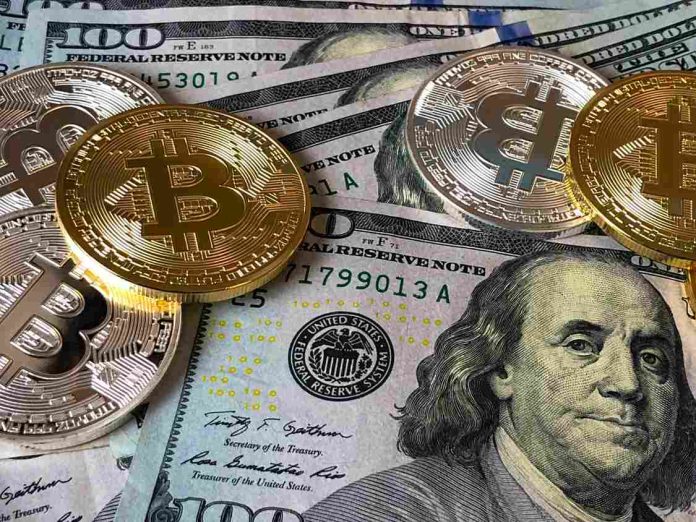Online business is growing at an unprecedented rate. The old ways are abandoned as the new ones gain popularity. Every business owner needs to be aware of emerging trends in online retail. You can tailor your company’s online presence to one of many current trends in E-commerce Platforms.
Tendencies in Electronic Commerce That Every Business Owner Should Be Aware Of:
1) Social Business
With social commerce, consumers can make purchases without leaving their preferred social media platform (think Facebook or Instagram). Already, many platforms exist to help businesses integrate social commerce, such as Instagram’s own Shopping and Checkout features. In 2023, we anticipate a rise in both the availability of social commerce solutions and the rate at which consumers adopt them.
2) Livestream Retail
Livestream shopping (also called live shopping and live commerce) is a form of marketing and e-commerce in which a streamer (often an influencer or a celebrity) promotes a product or service via a livestream. Consumers have the opportunity to connect with the presenter by posing questions, making comments, and more. Sometimes viewers will even be able to make purchases without leaving the stream. It’s like an updated version of those home shopping TV shows.
3) the DTC model (D2C)
One type of business model known as “direct to consumer” involves manufacturers selling directly to customers. In most cases, this results in price reductions, improved quality, and a strengthened bond between the company and its clientele. We predict that in 2023, direct-to-consumer (D2C) e-commerce will be one of the biggest developments in the industry.
4) Sustainability
The term “sustainability” is used in the context of online business to describe the long-term viability of a company, a product, or both. Most shoppers consider the environmental impact of a company’s packaging, production, and distribution decisions when making purchasing decisions.
5) Tailored Containers
If you’re a business owner, you may provide your clients a memorable experience with your brand by distributing your products in personalised packaging.
6) In-Channel, Off-Channel, and Every
The term “omnichannel retail” or “omnichannel commerce” refers to a business strategy that incorporates many sales channels and prioritises giving customers a positive experience regardless of whether they make a purchase in-store or online. It’s safe to say that by 2023, omnichannel retailing will have established itself as a major force in the online shopping industry.
7) The Role Of Blockchain In Online Markets
Even though blockchain technology is still in its infancy, it has already taken the globe by storm. Proof of concept blockchain features are already being implemented in the e-commerce ecosystem, and this will undoubtedly have an impact on the e-commerce business.
OpenBazaar is an e-commerce platform built on the blockchain. Due to OpenBazaar’s decentralised nature, a blockchain token is generated for each transaction. This eliminates the need for a go-between by connecting buyers and vendors directly.
Blockchain solutions for e-commerce have many room for improvement. Just because you’re using a well-known service like Skrill or PayPal doesn’t guarantee a quick and secure money transfer. There must be a complete overhaul of the way online purchases are made.
In 2019, experts forecast that the worldwide value of digital transactions would surpass $3,453 million, an increase of 21.5% annually. That makes it more challenging for online merchants to handle the influx of business without investing in more advanced systems.
Without the intervention of a financial institution, blockchain-based payment systems ensure speedy, safe, low-cost, and transparent payment processing. Due to their efficiency, you won’t waste time waiting for a middleman to verify or complete your monetary transactions. This results in simplified cross-border money transfers and the elimination of barriers to trade.
When integrated with smart contract platforms, blockchain solutions for e-commerce can automate payments and halt payments if the terms of a contract are violated.
What Is the Function of Blockchain in Financial Transactions?
When it comes to money, blockchain stores account details (balance and transaction history). A block is a digital record of timestamped transactions.
After a block has been uploaded to the blockchain, it cannot be changed. This makes the blockchain a permanent record of transactions. To settle a debt between two parties who are both users of a blockchain and in possession of a distributed ledger, it is sufficient to add a new transaction to the chain that details the transaction. After then, the two parties verify the payment, and in a matter of seconds, the transaction is finalised.
Apart from this, if you are interested to know more about Why your business needs a strong logo then visit our Business category.











